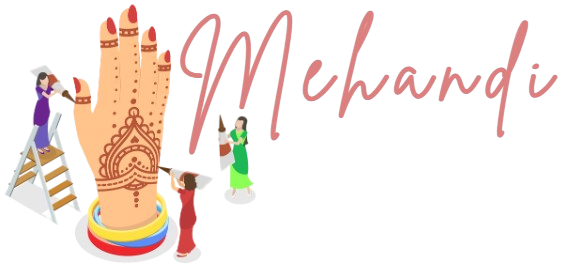Introduction
Mehandi design is still a fascinating and personal means of self-expression from old customs to contemporary fashion statements. It’s a visual narrative spun across fine lines and curves, not only a pattern sketched on the skin. Mehandi ki design speaks to your style, story, and cultural roots whether you are decorating your hands for a wedding, celebration, or just because you love the look.
The meaning and beauty of mehandi, step-by-step application advice, recent mehandi designs simple and complex, and why mehandi design back side patterns are not only decorative but also profoundly expressive in this article. We will also discuss contemporary variations, from checkered grids and elephants to bridal photos and distinctive features that make henna very unique.
The Essence of Mehandi Ki Design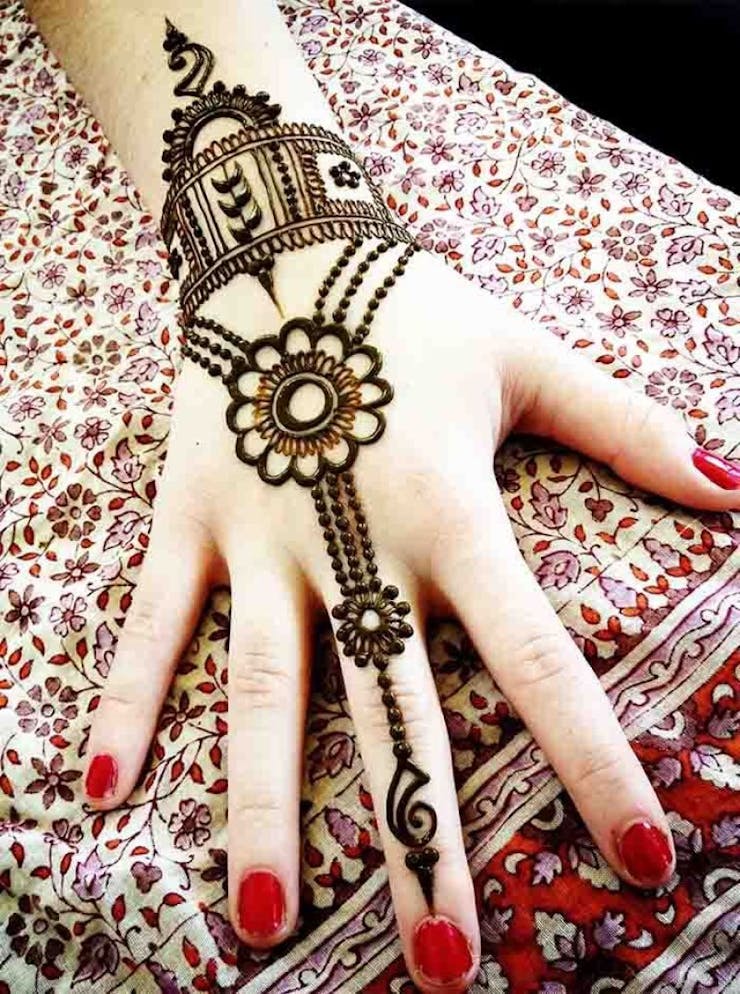
Mehandi, sometimes known as henning, comes from the Lawsonia inermis plant leaves. Ground into a fine powder and blended into a paste, it turns into an instrument of art put to use on the hands, feet, even arms. Mehandi, however, is more than just skin-deep in Indian, Middle Eastern, and African cultures; it’s a celebration, a symbol of change.
Weddings, celebrations including Karva Chauth and Eid, and events including baby showers and engagements all revolve on mehandi ki design as a fundamental rite. They say, the darker the stain, the more deeply one loves. Beyond superstition, though, the art form keeps developing into something modern, personal, and distinctive.
Step-by-step guide for designing a magnificent mehandi
 Though designing mehandi designs simple on your own can seem daunting, anyone can master the flow with time and effort. You should begin like this:
Though designing mehandi designs simple on your own can seem daunting, anyone can master the flow with time and effort. You should begin like this:
1. Preparing the Henna Paste
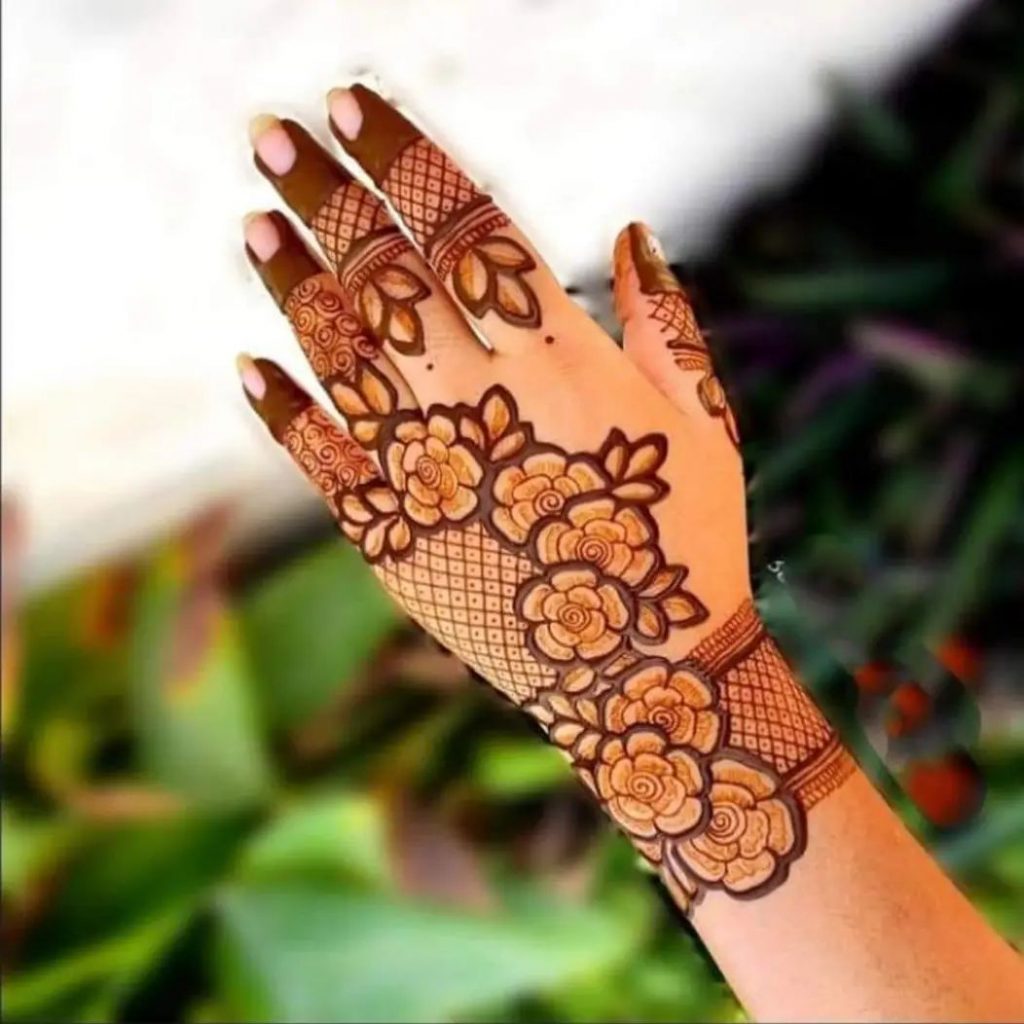
Fresh, natural henning powder will provide rich color and flawless flow. Combined with:
Lemons’ juice
One sugar spoon
Few drops of lavender or eucalyptus oil
Water, to change consistency, if necessary
For dye release, let this sit six to eight hours—ideally overnight.
2. Fill the Cone or Use a Pre-Filled One
Either use a premade cone from the market or fill your homemade paste into a plastic cone from home. Cut a small tip to give exact control over the design flow.
3. Clean and Prep the Skin
After using mild soap to cleanse your hands—or the selected body part—make sure it is dry. Apply no lotion or oil; these create a barrier.
4. Sketch a Design (Optional)
Starters can sketch light outlines using a skin-safe white pencil. It provides you confidence during application and helps you to trace the flow of your mehandi design.
5. Begin with Simple Elements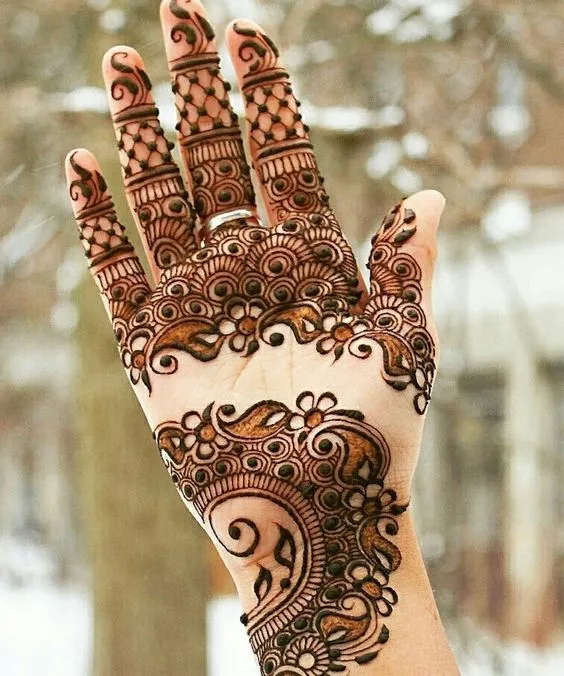
Move outward from the center. Start by:
Dotts
Ropes
spirals
Pausley
Once at ease, work on increasingly intricate elements including mandalas, jaalis (grids), or florals.
Not Your Ordinary mehandi design back side
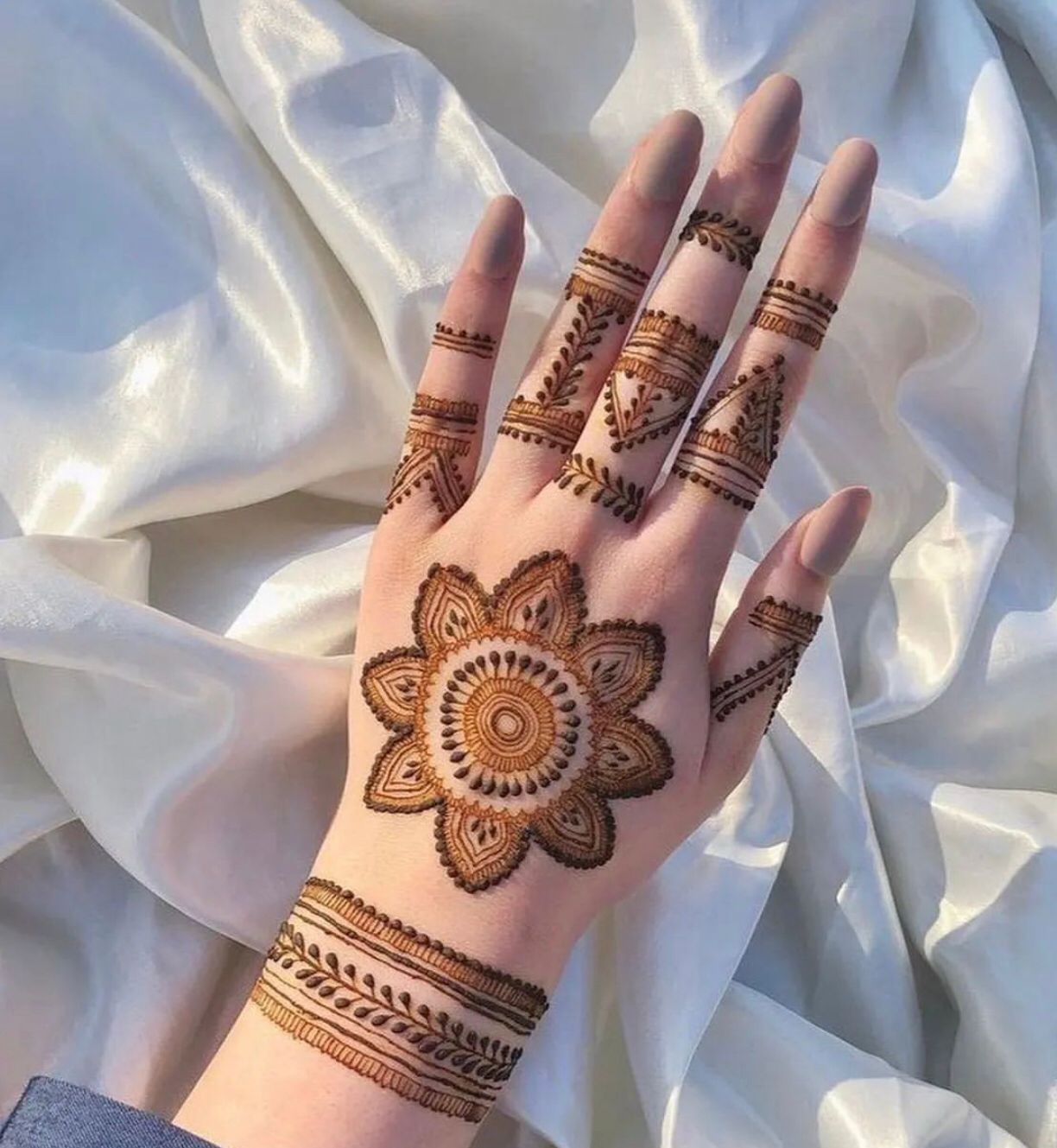
Back hand mehandi design back side patterns are no more only reflections of front-hand styles. These are today’s canvases for imaginative narrative.
A modern back hand could have:
Half mandals close to the wrist
Linked in a chain, the fingers
delicate nett featuring little motifs
Symbolic elements like dhols, kalash, or initials

“Not your ordinary back hand mehendi design” really meets the moniker. These are journalistic, emotive, experimental, not conventional florals. They let more room for modern accents, bracelets in the jewelry style, and symmetry.
Mehandi Designs Photo: Capturing the Perfect Look
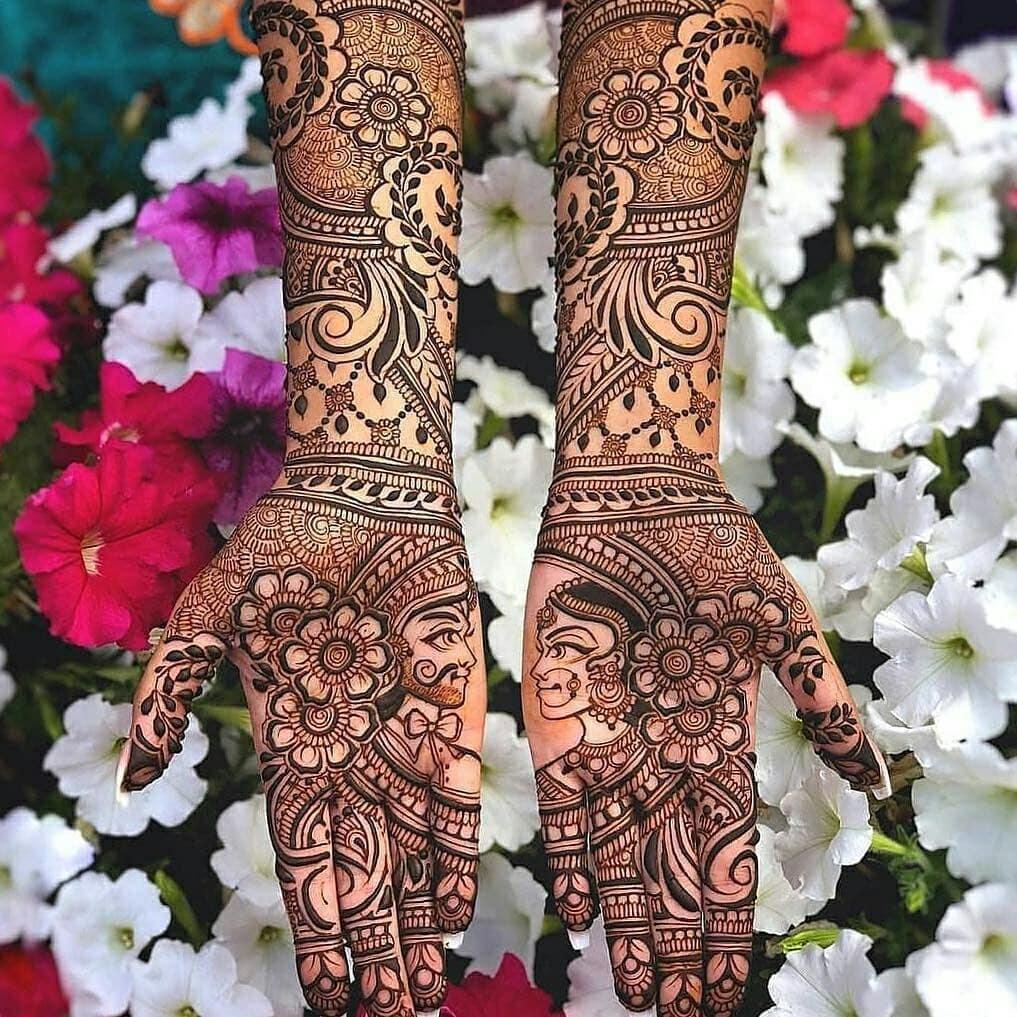
Not only is it a great way to highlight the art and inspire others, but capturing mehandi designs photo also serves memory’s need. Here’s how to create picture-perfect looking design:
Especially during golden hour, use natural illumination.
For a delicate hand stance, hold a flower, clutch, or dupatta.
Match the mehandi designs photo with rings, bangles, or jewelry.
To draw attention to specifics, grab both close-up and full-hand views.
Mehandi images accentuate the eternal magic of your design whether for Instagram, your bridal album, or a creative portfolio.
How Cute Are These Mini Elephant Motifs in the Mehendi?
 A trend lately generating waves is the utilization of miniature
A trend lately generating waves is the utilization of miniature
elephant themes—particularly in bridal and celebratory mehandi designs photo.
These little elephants represent monarchy, power, and good fortune in addition to being quite beautiful.
You might find them:
Strolling along your wrist in a procession-like vine
Stuck in their trunk is a flower.
Styled with tiny ornaments and royal howdahs
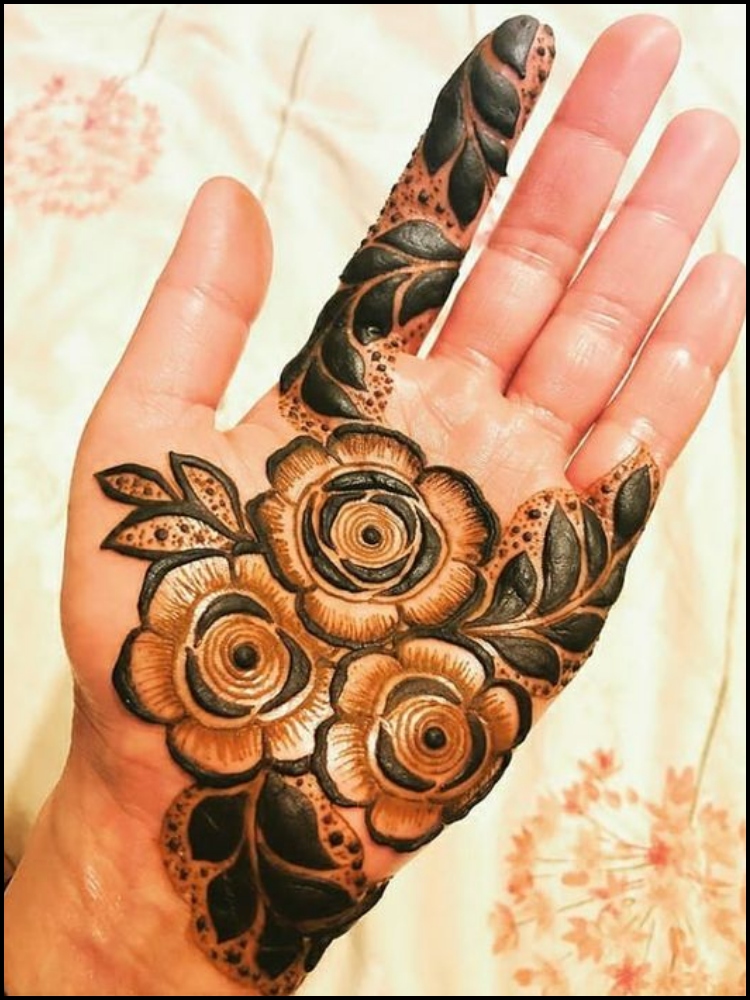
Elephants have spiritual and imperial connotations in Rajasthani and Marwari societies. Including them into my hand-made ki design brings not only beauty but also cultural value.
For the Love of Checkered Details
A design element that crosses geometry and history is checkered detail. Often found in mehandi design rear side, these grid patterns produce a symmetrical structure that accentuates floral curves really brilliantly.
Types of checkered work:
Jaali (net) forms
Criss-cross mesh with voids filled in it.
Chessboard-inspired tiles with alternating shaded boxes
Their adaptability allows one to create striking centerpieces or cover vacant areas. They also give the henna art’s flow some subdued architectural grandeur.
Beautiful Elements of the Wedding in the Mehendi
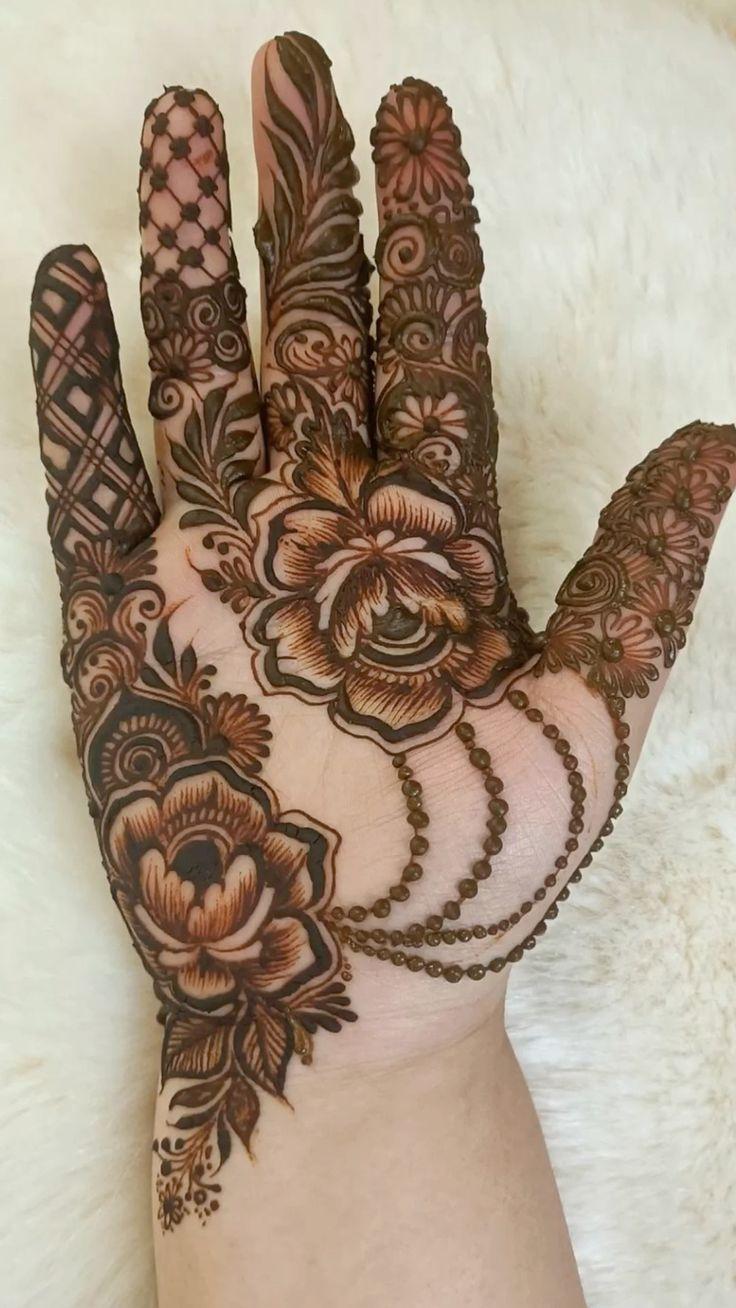
Brides are turning their mehandi designs photo into a visual diary more and more. Beyond names and chronologies, we now find:
Scenes including bridal entrance under the phoolon ki chadar
Groom riding a bike or a horse
Mangal phera signifiers
Kalash, dhol, diya, jhumkas, mandaps
These lovely details of the mehandi designs simple wedding make the bride’s hand not only attractive but also rather symbolic. Every line on your hands holds a memory, like wearing your whole wedding tale.
Mehandi Designs Simple Yet Elegant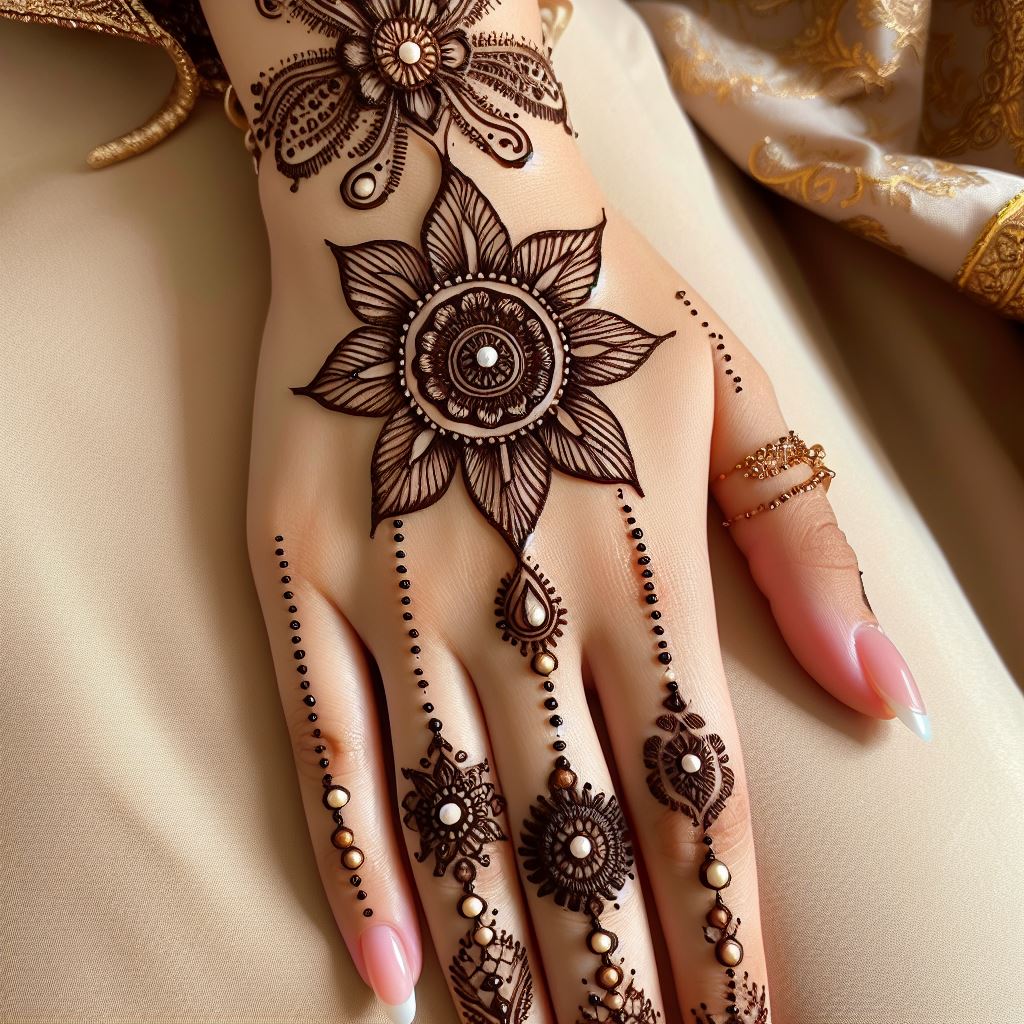
Less actually is more at times. Simple in style mehandi designs are becoming more and more popular for their crisp, clean, quick-to- sketch patterns. Perfect for novices or laid-back events, these designs usually consist of:
Just one mandala on the palm
minimal finger detailing
Leaves, vines, and dots repeated times.
Arabic style diagonical flow
They are ideal for:
Those who visit offices seeking a subdued design
Teenagers fresh to henna
Women commemorating personal events or minor celebrations
In mehandi ki design, simplicity’s appeal is in its adaptability to any occasion, any emotion.
Modern Trends in Mehandi Design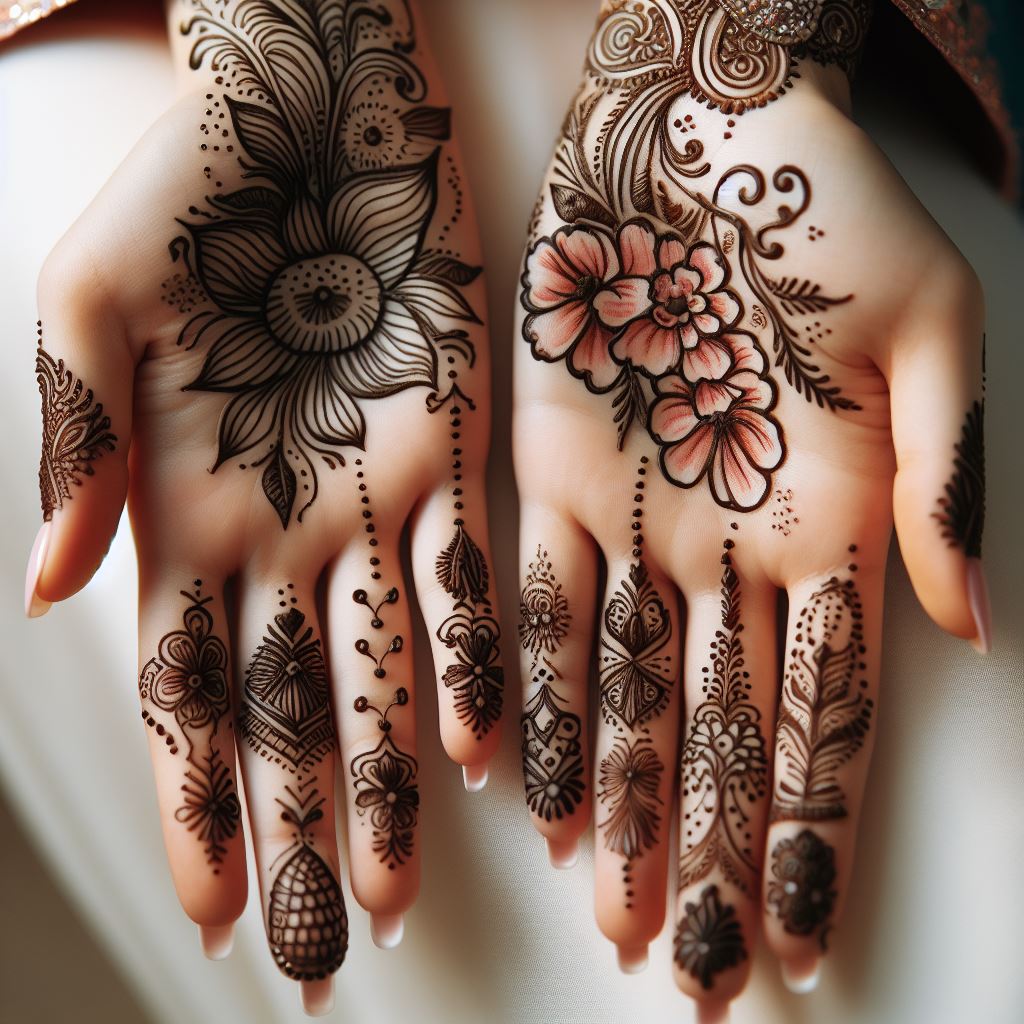
Henna painting now combines modern aesthetics with historical designs. These are some recent developments:
1. Portrait Mehandi: Parents’ faces, bridal faces, or couple portraiture
2. Storytelling Style: Full-hand mehandi tells the love tale or proposal.
3. Finger-Focused Designs: Leaving vacant palaces, concentrating just on complex finger designs
4. Tattoo-Meets-Mehandi: Minimalist or bohemian style tattoos copied with henna
5. Each design reflects personal identity : Whether spiritual, playful, cultural, or stylish, every design captures personal personality.
Advice for Making Your mehandi designs simple Last Longer and Look Richer

Leave the paste on either overnight or minimum six to eight hours.
Apply the lemon-sugar mixture before it dries totally and after half an hour.
For the first twelve hours following paste scraping off, avoid water.
To intensify the color, gently warm your hands—with a pan or close proximity heat source.
Keep the area moist following removal using eucalyptus balm or clove oil.
Conclusion
Mehandi is more than simply skin decoration—from basic Arabic vines to a bridal entry in henna to checkerboard elephants walking down your back hand. It is a love note written in leaves, a celebration frozen in color, and a piece of culture getting more vivid with every generation.
Henna allows you wear your story from the delicate strokes of a mehandi design back side to the artistic freedom of creating your own designs. Therefore, the next time you take up a cone, do not only sketch; create.
